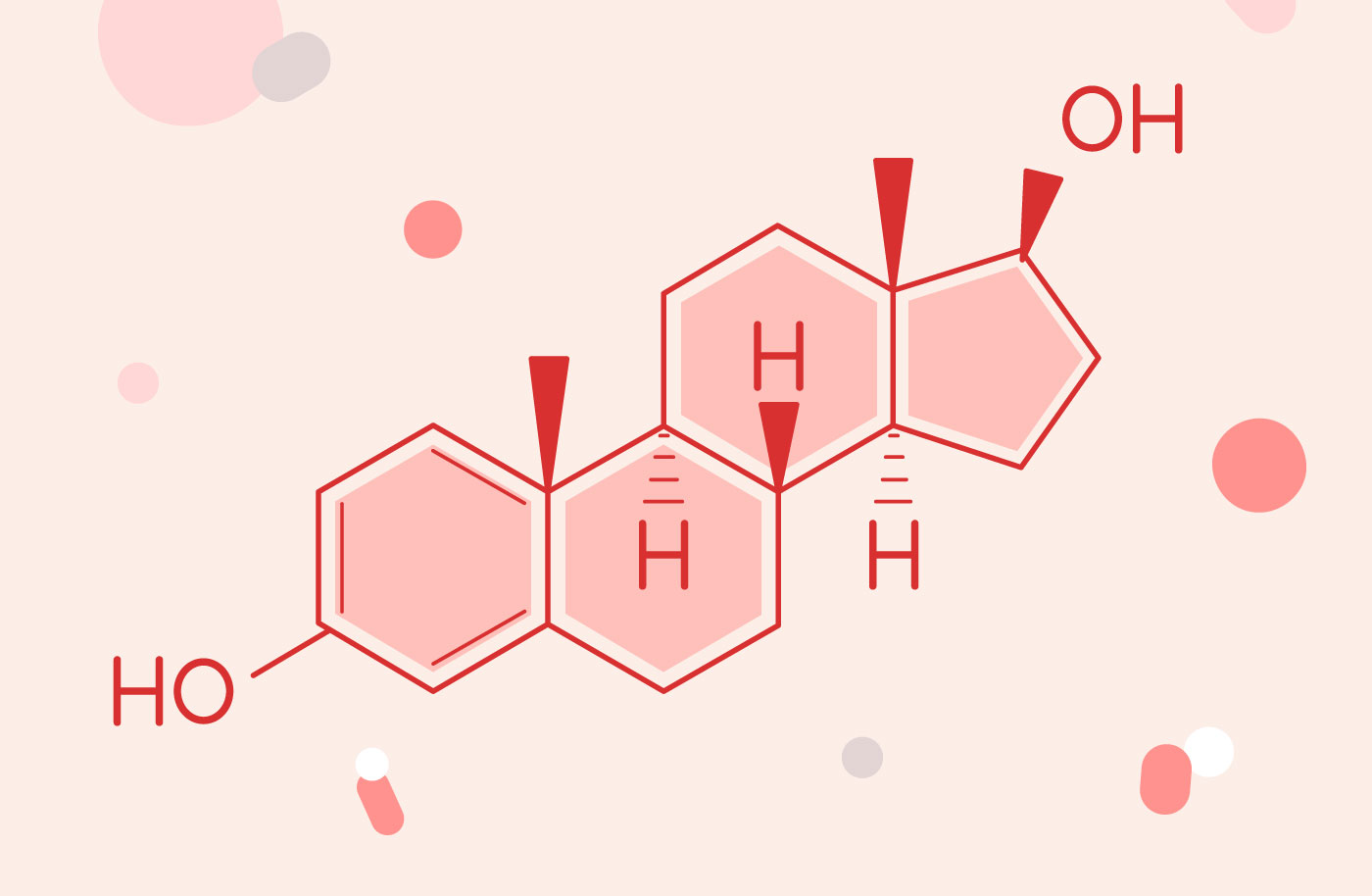Researchers have found that more and more men are dying of COVID-19, the disease caused by the new coronavirus, compared to women, promoting them to think something out of the box. They are treating men with female sex hormones, such as estrogen.
It has been found that women across the world are less likely to become acutely or critically ill from the novel coronavirus and are far more likely to survive. This finding made doctors think about the potential effects of female sex hormones.
The researchers are conducting two human trials based on this hypothesis by administering doses of female sex hormones in men for a limited period of time.
Last week, scientists in Long Island in New York started treating COVID-19 patients with estrogen to in order to boost their immune systems.
Next week, scientists in Los Angeles will start treating male COVID-19 patients with another female sex hormone called progesterone, which is known to have anti-inflammatory effects and could prevent the intense response from the immune system.
Pulmonologist and ICU physician Dr. Sara Ghandehari, who is the lead investigator of progesterone study, said, “There’s a striking difference between the number of men and women in the intensive care unit, and men are clearly doing worse.” She said nearly 75 percent of the ICU patients and those on ventilators are men.
On the other hand, pregnant women, who are typically immune-compromised but have higher estrogen and progesterone levels, have been found to have mild courses of COVID-19. “So something about being a woman is protective, and something about pregnancy is protective, and that makes us think about hormones,” said Dr. Ghandehari.
However, some experts warned the use of female sex hormones in men, explaining that they could fail to work in men. They said even older women with COVID-19 are less vulnerable than men even though their hormone levels go down after menopause.
Dr. Sharon Nachman, lead investigatory of estrogen study, said the first patient was enrolled last week and preliminary findings would be available in a few months.
“It’s totally out of the box, which is how good ideas often start,” said Dr. Nachman.
Some experts who study sex differences said the biological differences in immunity and behavioral factors vary in men and women. For instance, men smoke more compared to women, making them more vulnerable to the infection.
They said although women have immune systems that are more robust, “the causes are complex and multifactorial, and hormones are only part of the picture.”
The progesterone-study researchers are pinning their hopes on progesterone instead of estrogen because studies have shown that progesterone reduces pro-inflammatory immune cells, fighting inflammation, according to Dr. Ghandehari.
They opine that progesterone could prevent an intense overreaction of the immune system to the virus, called cytokine storm, and will ultimately reduce the risk of respiratory distress syndrome. The article originally appeared in The New York Times.






















